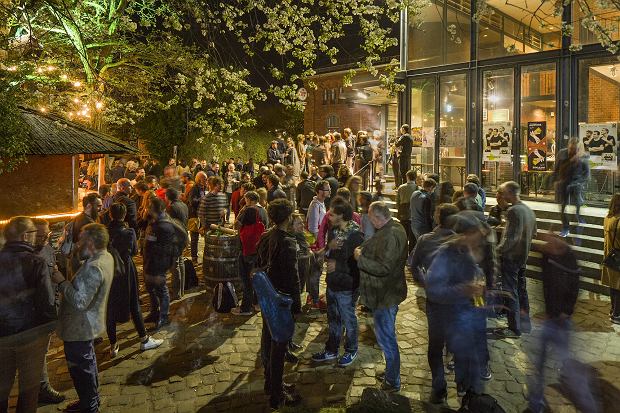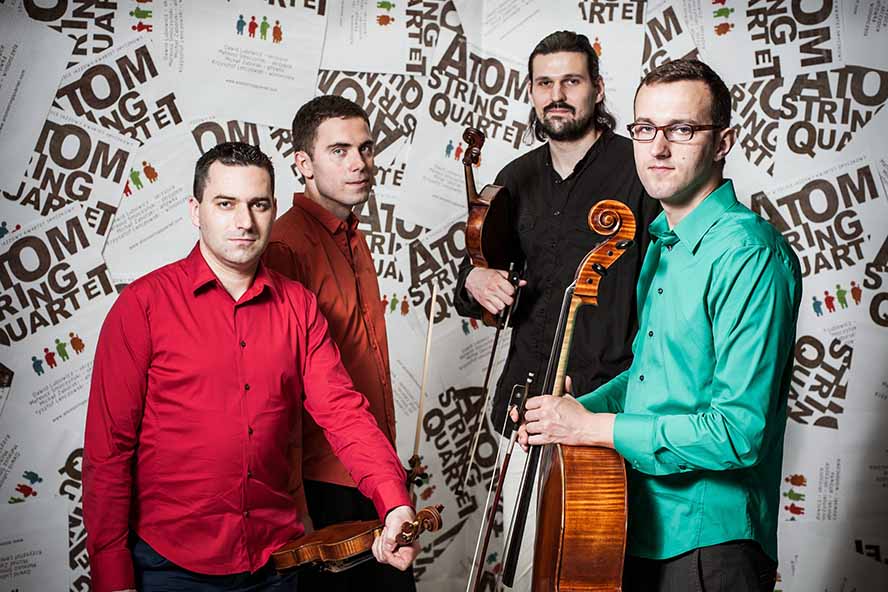
jazzahead 2018 :: Between the ... poles

What have I suffered in recent years. PiS and Kaczinski have put my love for our neighbor Poland to the test. Since 1991 I have been in Poland 40 times. I have cultivated intense friendships, helped to shape town twinning, organized exhibitions, educational holidays and festivals, and in the process, I have come to love the Polish soul as I imagined it. My friend, the Graudenzer wood sculptor Cezary Kopik created in 1992 the probably five-meter-high sculpture "Europe becomes one", which now stands in the Syker town hall.
In 2004, I met Emil Kowalski, the clarinetist, who unfortunately died much too early, and invited him to the Syker Jazz Folk Bike Festival. Unfortunately, Leszek Mozder did not belong to the band anymore. Vitold Rek, Vladyslav Sendecki, Jaroslaw Bester and Daniel Lubowicz followed. JFB 2016 was dedicated to the neighboring country, Adam Baldych appeared as a star guest.
As a diligent reader of the SZ, I could no longer endure what I learned daily about my beloved Poland. Our neighbors seemed to be bombarded with hostile fire, composed of petty-bourgeois chauvinism, bigoted Catholicism, and a revanchism deliberately fomented for populist reasons, with a healthy dose of anti-German resentment. Thus, a dark shadow overlaid the image of Poland. I much preferred Poland's liberal exiles, Solidarnosc and Free Jazz in Krakow's Alchemia.

What does all this have to do with the Jazzahead? The trade fair showed me the other Poland, the liberal, cosmopolitan country with the humorous individualists, the Norwegian bassist Ole Morten Vågan, who experienced the jazz scene of this country as enrichment and Maciej Obara in a truly European combo also embodies the European thought. Or the personal encounter with old acquaintances, the Atom String Quartet from Crakow, at the fair. The Jazzahead has opened my eyes to the fact that the supposedly lost loveable Poland still exists, if you just bother to look closely. Europe thrives on personal encounters, joint projects and a vision for the common (!) Future. In these unsteady times, the European idea, to which we also owe the Jazzahead, at the same time implies an appreciation of the diversity of (European) culture and, as a jazzman, to do what is dear to our hearts: to engage each other, exactly to listen, to love the corners and edges of the other and not to despair at the same time, when there are weird sounds.
Author: Gerd Harthus
